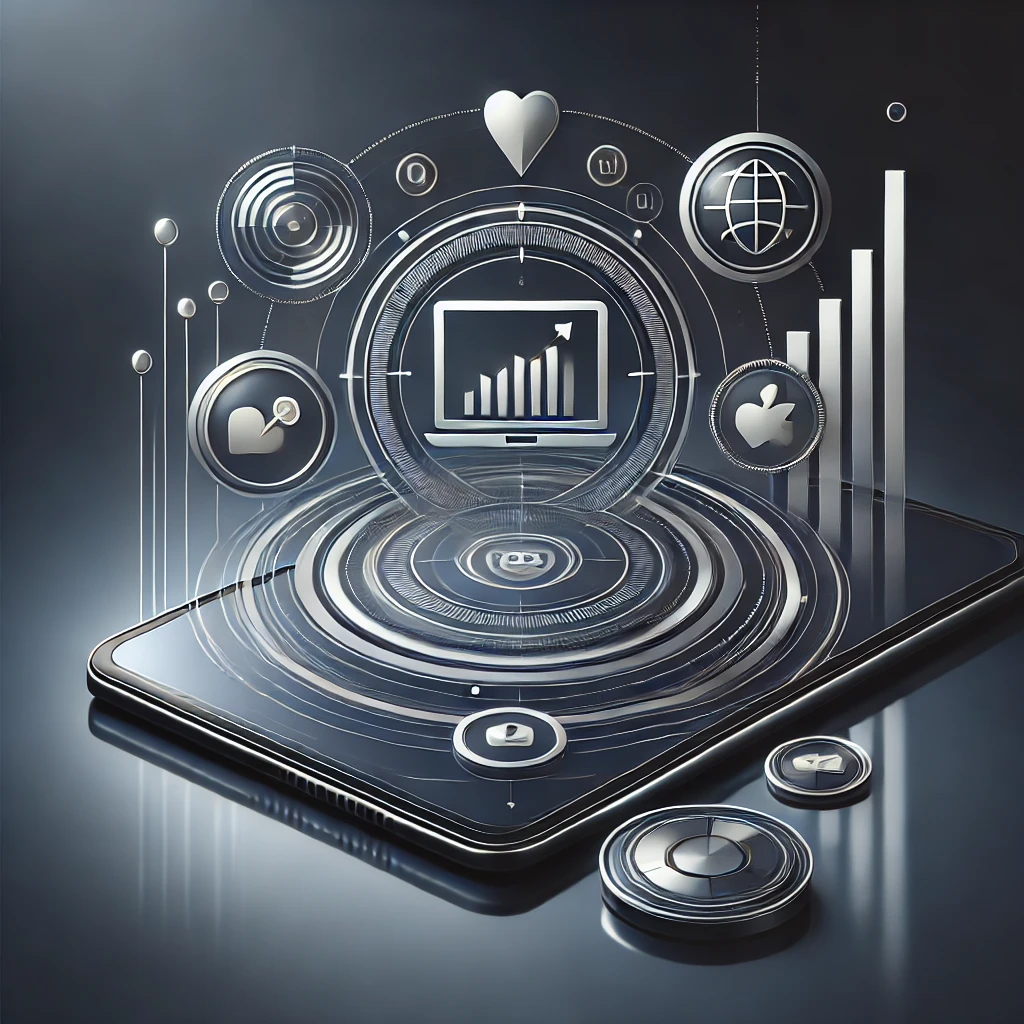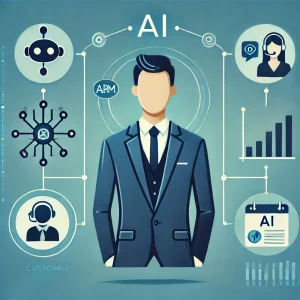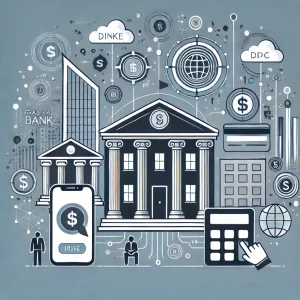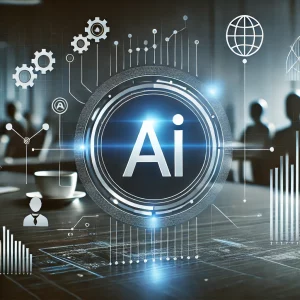How Technology is Shaping Digital Marketing Strategies

In today’s fast-paced and technology-driven world, digital marketing strategies are evolving at an unprecedented rate. Technology has become an indispensable tool for businesses, enabling them to connect with consumers in ways that were once unimaginable. From the rise of artificial intelligence (AI) and machine learning to the explosion of social media and the increasing influence of data analytics, technology is reshaping how brands engage with their audiences. This article explores how technology is transforming digital marketing strategies and how businesses can leverage these advancements to stay competitive in an ever-changing landscape.
The Rise of Data-Driven Marketing
One of the most significant technological shifts in digital marketing is the increasing reliance on data. In the past, marketers had limited access to consumer data, often relying on intuition or traditional market research methods. Today, businesses can collect vast amounts of data from various sources, including websites, social media platforms, email campaigns, and customer interactions. This data can provide deep insights into customer behavior, preferences, and purchasing habits, allowing marketers to create highly targeted campaigns.
With the help of data analytics tools, marketers can track and analyze consumer actions in real-time. This enables them to segment audiences based on demographics, interests, and past behaviors. For instance, if a customer abandons a shopping cart on an e-commerce site, automated remarketing campaigns can target that individual with personalized ads, encouraging them to complete the purchase. The ability to analyze and act on data is empowering businesses to create more relevant and personalized experiences for their customers, resulting in improved engagement and higher conversion rates.
Artificial Intelligence (AI) and Machine Learning
Artificial intelligence (AI) and machine learning are revolutionizing digital marketing by automating processes and providing advanced capabilities for personalization. AI allows marketers to analyze large datasets quickly and accurately, offering valuable insights that would otherwise take much longer to uncover manually. Machine learning, a subset of AI, enables marketing platforms to learn from past interactions and improve the effectiveness of campaigns over time.
For example, AI-powered chatbots are increasingly used by brands to engage with customers in real-time. These virtual assistants can handle common customer inquiries, provide product recommendations, and even assist in completing transactions, offering a seamless experience for users. By using natural language processing (NLP), AI-powered chatbots can understand and respond to customer queries in a human-like manner, making them an essential tool for improving customer service and increasing customer satisfaction.
Moreover, AI is enabling hyper-personalization in digital marketing. Traditional marketing strategies often relied on broad demographic targeting, but AI allows brands to tailor messages and offers to individual customers based on their past behaviors, preferences, and browsing history. For instance, platforms like Netflix and Amazon use machine learning algorithms to recommend content or products based on users’ past interactions. This level of personalization helps businesses build stronger relationships with their customers, improving loyalty and driving repeat sales.
Social Media and Influencer Marketing
Social media has become a cornerstone of digital marketing strategies. Platforms like Facebook, Instagram, Twitter, and TikTok offer businesses the ability to reach large, engaged audiences through organic posts, paid advertisements, and influencer partnerships. Social media marketing allows brands to build relationships with customers, raise brand awareness, and drive traffic to websites or physical stores.
Technology has made social media marketing more effective and efficient through advanced targeting options. With the help of algorithms, social media platforms can analyze user data to show relevant content to users based on their interests, behaviors, and interactions. For example, Facebook Ads uses machine learning to optimize ad placements, ensuring that ads are shown to users who are most likely to engage with them. This type of targeting increases the likelihood of conversion, making digital advertising more cost-effective.
In addition to organic and paid social media marketing, influencer marketing has become an essential strategy for many brands. Influencers, who have a significant following on social media platforms, can help promote products and services to their audience. Technology plays a crucial role in influencer marketing by enabling businesses to identify the right influencers for their brand. Tools like BuzzSumo and Influencer.co use algorithms to analyze influencer engagement, reach, and audience demographics, helping brands partner with influencers who align with their target audience.
Search Engine Optimization (SEO) and Voice Search
Search engine optimization (SEO) has long been a vital component of digital marketing strategies. SEO refers to the process of optimizing a website’s content and structure to improve its ranking on search engine results pages (SERPs). As search engines become more sophisticated, technology has played a crucial role in evolving SEO strategies.
Google’s algorithm updates, such as the introduction of RankBrain and BERT, have made SEO more focused on user intent and content relevance. Instead of relying solely on keywords, these algorithms now prioritize the quality and relevance of the content in relation to what users are searching for. Marketers must create high-quality, informative, and engaging content that answers users’ queries in order to rank higher in search results.
Voice search is another technological development that is transforming SEO strategies. With the increasing use of voice-activated devices like Amazon Alexa, Google Assistant, and Apple Siri, consumers are now searching for information through voice commands. Voice searches tend to be more conversational and longer than text-based searches, which means marketers need to optimize their content for natural language queries. For instance, optimizing for phrases like “best Italian restaurants near me” or “how to fix a leaky faucet” can help brands capture voice search traffic.
As voice search continues to grow, businesses must adapt their SEO strategies to ensure they remain visible in voice search results. This includes focusing on long-tail keywords, using conversational language, and optimizing for featured snippets, which are often the answers given by voice assistants.
Programmatic Advertising
Programmatic advertising is another technological advancement that is reshaping digital marketing strategies. Programmatic advertising uses AI and real-time bidding to automate the process of buying and placing ads across digital platforms. With programmatic advertising, marketers can target specific audiences with tailored messages based on real-time data, ensuring that their ads reach the right people at the right time.
One of the key benefits of programmatic advertising is its ability to optimize campaigns in real-time. By analyzing user behavior, ad performance, and other factors, programmatic platforms can adjust ad placements and targeting to maximize the effectiveness of a campaign. This level of optimization improves ad relevance and reduces wasted ad spend, resulting in better return on investment (ROI) for businesses.
Additionally, programmatic advertising can be used across various channels, including display ads, video ads, and even connected TV ads. As the digital landscape continues to evolve, programmatic advertising is becoming an essential tool for marketers looking to reach consumers across multiple touchpoints.
The Future of Digital Marketing
As technology continues to advance, digital marketing strategies will evolve to keep pace with new innovations. The rise of artificial intelligence, machine learning, augmented reality (AR), virtual reality (VR), and blockchain will undoubtedly shape the future of marketing. Marketers will need to stay agile, continuously adapt their strategies, and embrace emerging technologies to stay competitive.
One area to watch is the continued growth of augmented reality (AR) and virtual reality (VR). These technologies have the potential to transform how consumers engage with brands, from virtual try-ons for clothing and makeup to immersive brand experiences. As AR and VR become more accessible, brands will find new ways to create engaging and interactive experiences that drive consumer loyalty and increase sales.
Another area of interest is the rise of blockchain technology. Blockchain has the potential to revolutionize digital marketing by increasing transparency, improving data security, and reducing fraud. With blockchain, brands can provide more secure and verifiable transactions, ensuring that customers’ personal data is protected.
Conclusion
Technology has revolutionized digital marketing, enabling businesses to create more personalized, efficient, and effective strategies. From data-driven marketing and AI-powered tools to the rise of social media and programmatic advertising, technology has reshaped how brands interact with consumers. As new innovations continue to emerge, businesses must stay ahead of the curve to remain competitive in an ever-evolving digital landscape. By leveraging the power of technology, brands can enhance customer experiences, improve marketing outcomes, and drive long-term success.






